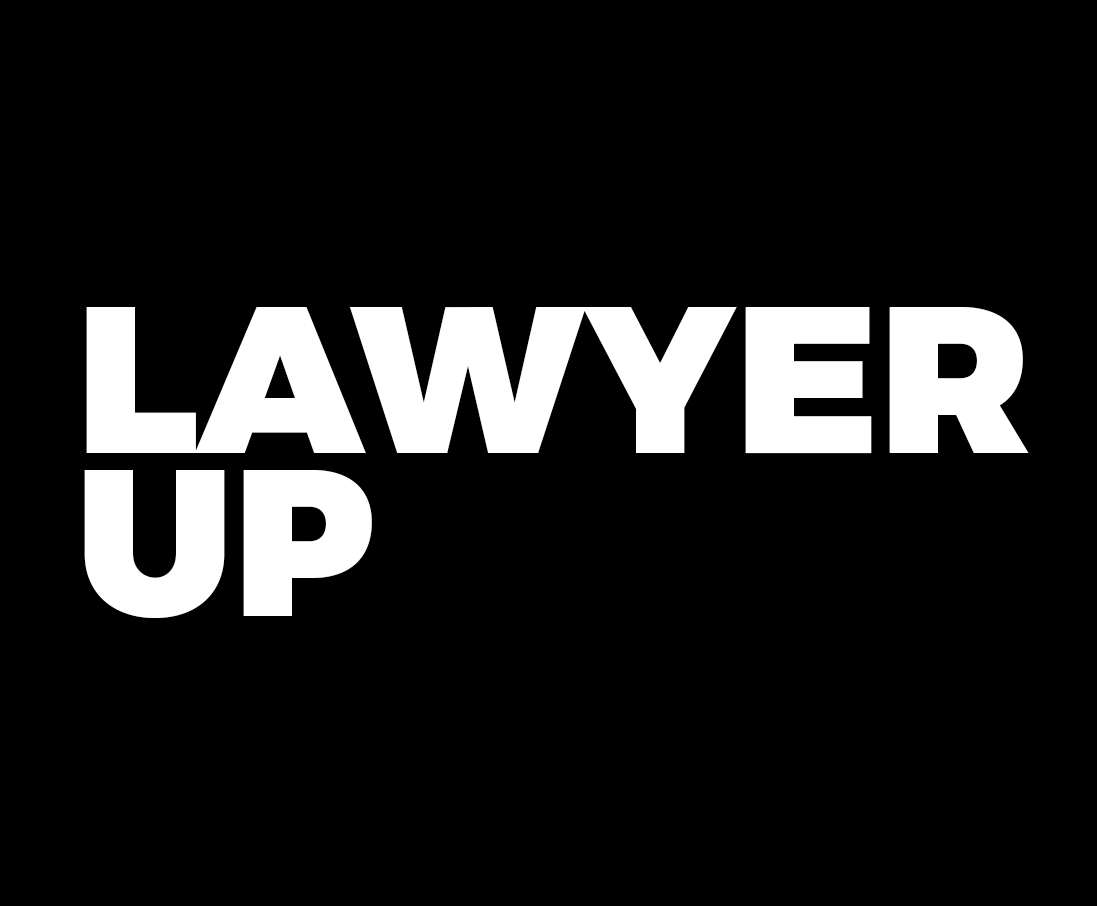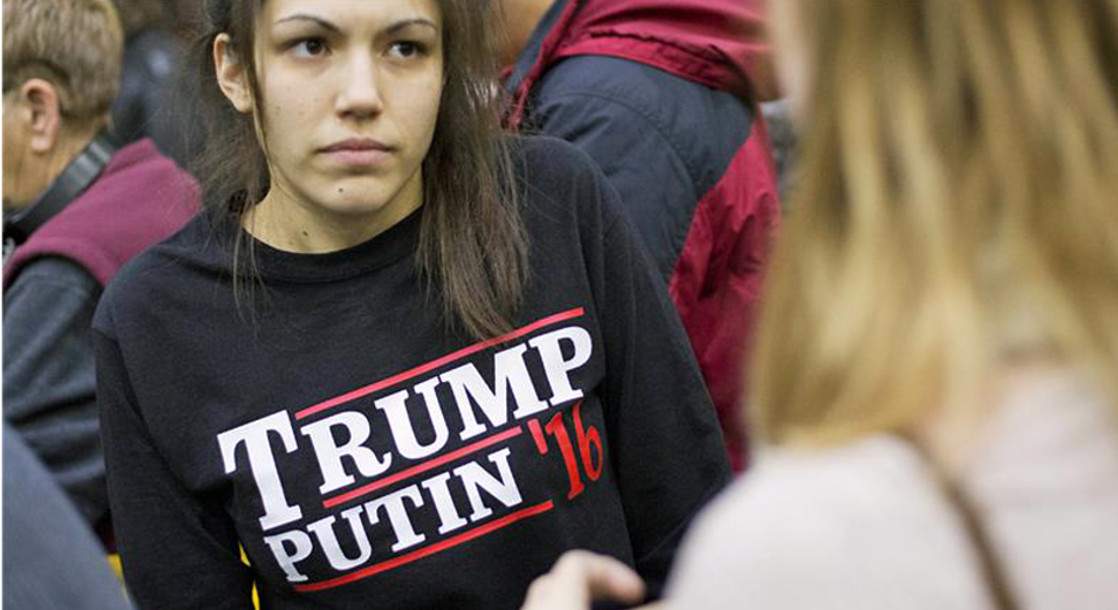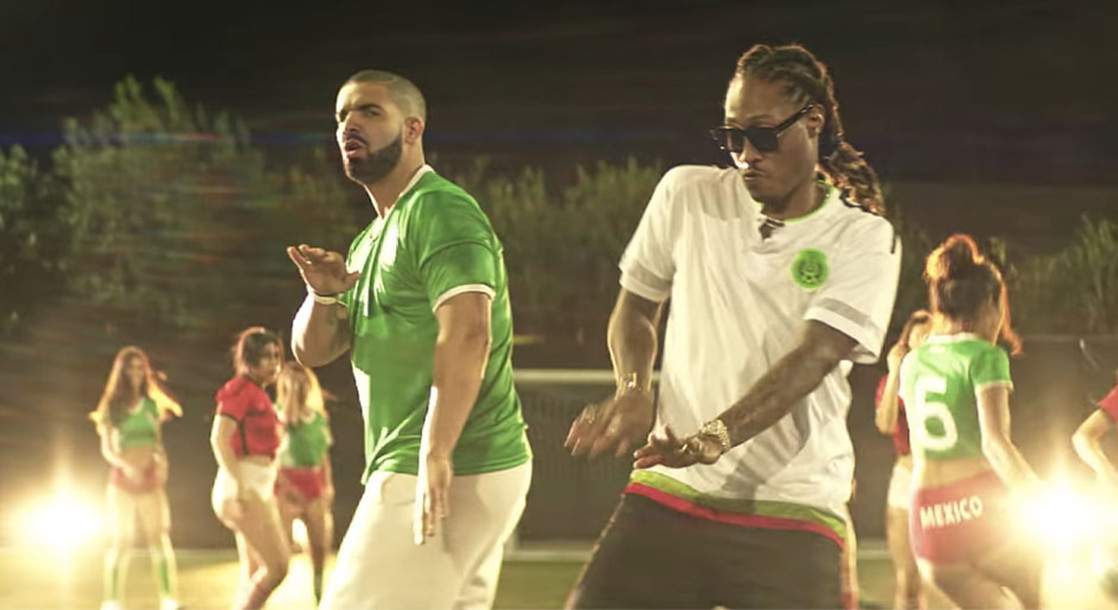Disclaimer: This column is written for educational purposes only. It does not provide specific legal advice and does not create an attorney-client relationship. This column should not be used as a substitute for competent legal advice from a licensed attorney in your state.
In honor of Mother’s Day last weekend and Father’s Day next month, this week’s column will explore the parental rights of medical marijuana patients. A recent Marist Poll shows that a stunning majority (54%) of Americans who say they’ve used cannabis are parents. What’s more, nearly half of parents who use cannabis (47%) say they have consumed marijuana in front of their (usually adult) children.
And while we don’t know how many patient-parents have young children, some percentage of these parents likely have consumed openly in the homes they share with their kids. Additionally, many medical marijuana parents in legal states grow their own medication at home. As these parents well know, there are risks involved with keeping and using their medication in a home they share with children under the age of 18.
Drug Endangered Children
The parental rights of medical marijuana patients are still largely unresolved when it comes to removal, dependence, and child custody contexts. There are no federal protections for MMJ parents. The use of any illegal drug in the presence of a child is considered a "drug endangered child" situation.
The DOJ established the Drug Endangered Child (DEC) Task Force in 2010 to respond to the “growing phenomenon of finding children during drug arrests” — particularly in meth labs. The concern stems from the fact that thousands of children found during meth lab raids were observed to have been severely harmed and neglected, and in many cases tested positive for drugs. And while meth labs have been a major focus, the DEC’s purview also encompasses “children whose caretaker’s substance misuse interferes with the caretaker’s ability to parent and provide a safe and nurturing environment.”
Now I believe that a large majority of MERRY JANE readers would agree that cannabis is not nearly as harmful as most other illicit drugs. However, because cannabis is still considered a highly dangerous Schedule I drug by the federal government, even kids living with the most responsible of legal MMJ parents could be considered drug endangered children. Furthermore, the DEC Task Force’s efforts have expanded to include legal substances such as alcohol and prescription drugs, meaning that they have the discretion to investigate situations involving cannabis.
Child Endangerment
Even in legalized states, protections are limited, if they exist at all. Most states have their own specific “child endangerment” statutes. Definitions vary from state to state, but most assert that adults caring for children have the responsibility to ensure that the child is free from unreasonably dangerous situations that would endanger the life or health of the child. Child endangerment charges are very serious, and can be either a felony or a misdemeanor. Any adult (parent, caretaker, guardian) can be punished for failure to adequately protect a child put in harm’s way, whether the adult’s actions were willful or merely negligent.
State courts have broad discretion in child endangerment cases and will rely heavily on the particular facts of the situation in determining the punishment. Courts are likely to find child endangerment has occurred where marijuana has been consumed in a child’s presence or a child’s access to marijuana has not been restricted. And so far, marijuana’s legal status in many states has not changed many courts’ determinations that child endangerment has occurred.
Child Protective Services
Having a medical marijuana state identification or a doctor’s recommendation is not a true defense against losing parental rights. If someone reports a parent’s conduct to the police or calls Child Protective Services (CPS) with concerns about a child’s safety, parental rights can be jeopardized. There are documented cases of parents being arrested for using cannabis in the presence of children. However, in most cases, use alone is not enough to remove children from a parent’s custody.
When CPS gets involved, they may want to investigate the home and can pursue action to remove children from their parents if necessary. CPS may terminate parental rights entirely, or may allow parents to regain custody of their children after completing drug therapy or ongoing drug tests, a stipulation that could harm MMJ users who rely on cannabis for medical treatment. Family Courts will consider a number of factors in determining whether a child has been endangered by marijuana in the home:
-
Was the use in the presence of a child?
-
Did the child have access to the drugs?
-
Was there injury or the potential for injury?
-
Did the situation/adult’s action endanger the child’s life, health, welfare, morals, or emotional well-being?
Best Practices for MMJ Parents
Americans for Safe Access has put together a comprehensive list of best practices for parents using medical marijuana. Here are a few of the most important ones:
-
When living in a home with a child, possess or cultivate as little as your condition allows.
-
Keep all medical marijuana out of plain sight, ideally in clearly labeled medicinal jars, and in a place that children cannot access.
-
Use discretion when medicating, and do not do so when your child is present. Consider medicating when you have several hours before any interaction with your child or after he/she has gone to bed.
-
Never drive with your children in the car after medicating.
Are you an MMJ parent who is concerned about your parental rights? Think about consulting with a family law attorney. You can use these tips to find an attorney who is uniquely equipped to help you. You can also find support through groups like Moms for Marijuana, which specifically deals with issues such as children being taken away from their parents due to minor marijuana infractions.











